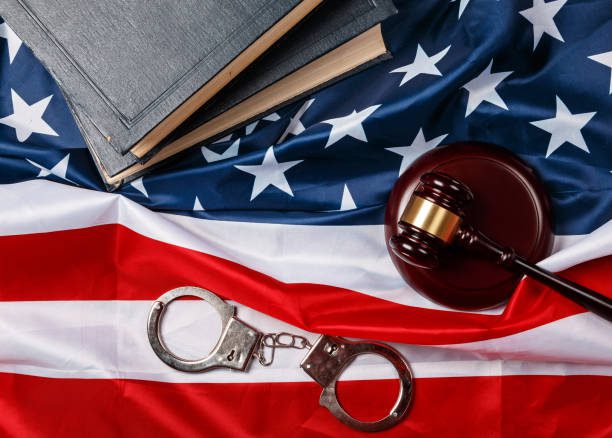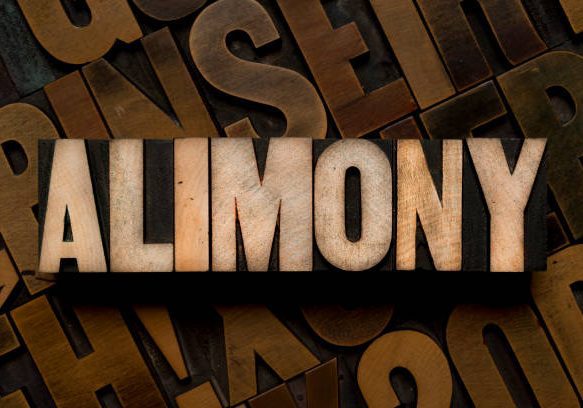Historical Context of Civil Rights and Policing in the United States: Understanding the Path to Justice

In the ongoing journey towards equality and justice, the intersection of civil rights and policing in the United States holds a complex and tumultuous history. At Pinkston Law Group, P.C., we believe in the power of understanding our past to inform our actions today and shape a more equitable future. This article explores the historical context of civil rights and policing in the U.S. and concludes with a call to action for individuals and communities to engage actively in the pursuit of justice.
The Early Years: Reconstruction and Jim Crow
Following the Civil War and the abolition of slavery, the Reconstruction era (1865-1877) sought to rebuild the South and integrate formerly enslaved Africans into American society as free citizens. However, the end of Reconstruction marked the beginning of the Jim Crow era, where state and local laws enforced racial segregation and disenfranchisement. Policing during this time was often used as a tool to enforce these laws, leading to widespread abuses of power against African Americans.
The Civil Rights Movement: A Struggle for Equality
The mid-20th century Civil Rights Movement marked a pivotal period in the fight against racial discrimination. Activists challenged segregation and discrimination through legal battles, nonviolent protests, and civil disobedience. Policing practices were again at the forefront, with law enforcement often opposing civil rights activists, most notably in events such as the Birmingham campaign of 1963 and the Selma to Montgomery marches in 1965. These confrontations highlighted the systemic racism within the policing system and galvanized public opinion in favor of civil rights legislation.
Recent Decades: Policing and the Continued Fight for Civil Rights
In recent decades, the relationship between civil rights and policing has remained a central issue. The use of excessive force, racial profiling, and the militarization of police forces have sparked national and international debates. High-profile cases of police brutality, such as the deaths of Rodney King, Michael Brown, Breonna Taylor, and George Floyd, have led to widespread protests and calls for police reform and racial justice.
The Role of Legal Advocacy in Civil Rights
Legal advocacy has been crucial in the fight for civil rights and policing reform. Landmark cases and legislation, such as the Civil Rights Act of 1964, the Voting Rights Act of 1965, and recent court decisions challenging discriminatory policing practices, demonstrate the power of the legal system to enforce change. At Pinkston Law Group, P.C., we are committed to continuing this legacy of advocacy, using our legal expertise to protect the rights of individuals and push for systemic reforms.
Call to Action: Engage, Educate, Advocate
Understanding the historical context of civil rights and policing in the United States is more than an academic exercise; it is a call to action. We encourage individuals and communities to:
- Engage in ongoing conversations about civil rights and policing, recognizing the complexity and nuance of these issues.
- Educate themselves and others about the history and current challenges of racial justice and policing reform.
- Advocate for change at the local, state, and national levels, supporting policies and practices that promote transparency, accountability, and justice in policing.
At Pinkston Law Group, P.C., we believe in the power of collective action to create a more just and equitable society. Whether through legal representation, community engagement, or legislative advocacy, we all have a role to play in shaping the future of civil rights and policing in America.
Join us in this vital work. Together, we can make a difference.





